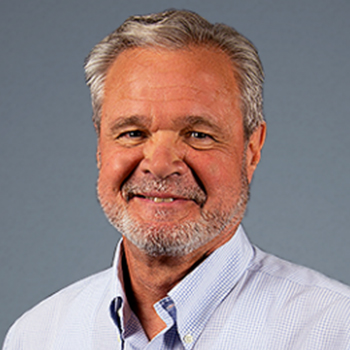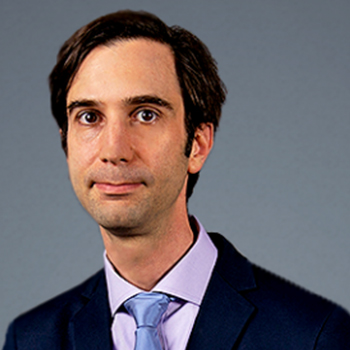Immunobiology
Understanding the immunological mechanisms underlying type 1 diabetes
How We're Advancing Care
The Immunobiology Section aims to elucidate the immunological mechanisms underlying type 1 diabetes and exploit the resultant knowledge to develop novel disease therapies.
The Non Obese Diabetic (NOD) mouse model, which spontaneously develops an autoimmune disease strikingly similar to human type 1 diabetes, is employed to investigate the immunology and genetics of leukocyte invasion into the pancreatic islets and the consequent destruction of beta β cells.
Engineered mouse models are also used extensively to highlight particular facets of pathophysiology. Collaborations involving human studies aim at developing methods to better predict disease initiation and to monitor its progression or reversal. Pilot clinical trials to prevent, halt or monitor type 1 diabetes are currently in progress, in part through collaboration with the Immune Tolerance Network (ITN) and TrialNet. This section's efforts constitute a broad bench-to-bedside-back-to-bench approach, and exploit a number of cutting-edge technologies.
Recent Accomplishments
- Developed and improved a noninvasive method to visualize pancreatic islet cells in type 1 diabetes by visualizing islet inflammation. Novel non-invasive imaging could enable longitudinal studies to correlate disease activity with peripheral blood biomarkers in type 1 diabetes, and allow the monitoring of efficacy for immuno-modulatory therapies. (Gaglia et al J Clin Invest 2011, Gaglia et al Proc Natl Acad Sci U S A 2015)
- Demonstrated the ability to regenerate the thymus and T cell production in aged animals, which could form the basis of a therapy aimed at reprogramming the immune system. (Serwold and colleagues, J Immunol 2015)
- Explained a cause of cardiac autoimmunity in type 1 diabetes patients. (Lipes and colleagues, J Clin Invest 2011, Sci Trans Med 2012)
- Provided a functional link between type 1 diabetes-associated genes and autoimmunity. (Kissler and colleagues, Diabetes 2013, Immunity 2015, J Immunol 2016, Genes Imm 2016)
Section Members





Support Our Research
Our researchers are constantly pushing science beyond what is possible today in a relentless pursuit of a cure that will transform the lives of millions. Help us help the ones you love.
